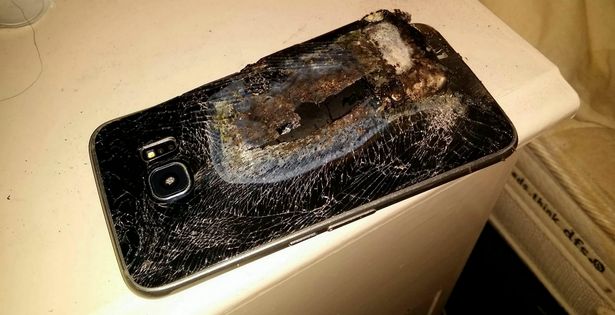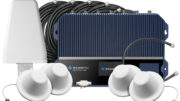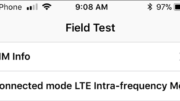One of the most popular articles on this blog asks, “Should you be worried if your phone gets hot on a wireless charger?.” In that article I explain that your phone is hot because wireless charging isn’t perfect. Along with the electrical energy transferred, there is some heat. The materials between the charging coils get hot. This is also true when you charge with a cable, to a degree.
However, one of the comments at the bottom of the article would have you believe that I am an uninitiated simpleton who doesn’t understand how heat kills batteries. I like to think I’m a bit more informed than that, but in the end you make the call.
What actually kills batteries?
Rechargeable batteries use special chemistry which allows the goo inside to regain a charge after it’s been expended. Every battery is technically rechargeable to some degree, but most batteries break down too much after the first charge/discharge cycle to make it really work well.
However, as we all know rechargeable batteries aren’t perfect. The chemistry inside breaks down a little with every discharge and recharge, and crystals can form inside the battery which make it more resistant to charging. That’s why we tend to change out our gadgets every few years. It’s a terribly wasteful process where we’re getting rid of something that generally still has a use, because it won’t hold a charge.
We’ve learned a lot about battery technology from electric and hybrid cars. Perhaps the three most important factors that make batteries fail quickly are the amount of current used to charge, the amount of “headroom,” and the temperature of the battery when charging.
Current used
Electric cars usually have a variety of different charging speeds. Most can charge very slowly with a household outlet. This is referred to as “level 1” charging. Homes with 220 volt outlets can also charge at “level 2,” which is often 20-30 times faster. And, top-of-the-line cars like Teslas can charge at up to 500 volts and 800 amps.
However we’ve learned that electric car batteries will degrade faster if they are charged at high speeds. Most manufacturers recommend level 1 or level 2 charging for daily use. But you have to realize this is really just an issue for big batteries. While a car will charge at between 1 kilowatt and 120 kilowatts, the fastest chargers for phones will charge at 36 watts (.036 kilowatts- corrected.) So this isn’t a big issue for phones.
Amount of headroom
Another thing we’ve learned from electric cars is that batteries perform better over the long run if you don’t charge them to 100%. However, this lesson doesn’t really apply too much to cell phone batteries because of the relatively small amounts of energy used. I wasn’t able to find any studies showing that people who charged their phones to 80% did consistently better. However, Apple has changed its charging program to try to estimate when you’ll need a full charge and it will only charge to 90% if it thinks it can get the other 10% when you need it.
So, now let’s talk about heat.
Yes heat kills batteries. Heat makes every electrical discharge easier. Or, perhaps I should say, cold makes it harder. A battery left in the refrigerator will outlast a battery left outside in the summer heat, anytime. And heat will make the chemistry in a battery break down faster. But here’s the bottom line, here’s what you really need to know:
There isn’t much difference between a “pants temperature” battery and one on a wireless charger.
By which I mean, the temperature in your pants pocket is probably about 90º Fahrenheit. When your phone feels hot on a wireless charger, it’s maybe 120º Fahrenheit, if that. This may seem like a big jump but it’s not. You need a much bigger difference in temperature in order to make a difference.
Your phone knows what its internal temperature is and it will shut down well before there is any damage. It is possible that there could be some small improvement in battery life if you charged your phone in the refrigerator but trust me, it’s totally not worth it.
While we’re discussing it…
the big worry most people have with wireless charging is that it’s going to cause the phone to catch on fire. Now I won’t say this is impossible. But, if your phone’s been out for a while and you haven’t read any stories about it, you’re probably safe. Not to mention, the real issue with phones catching fire comes from high rate chargers which are corded, not from wireless charging which has a lower current transfer rate.





